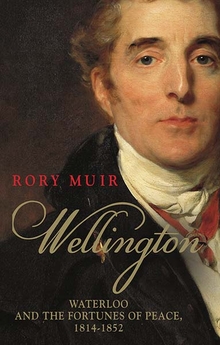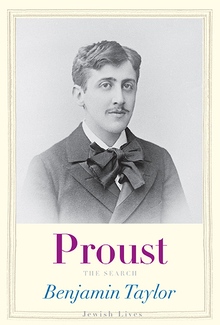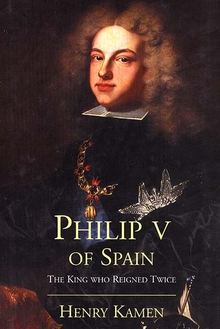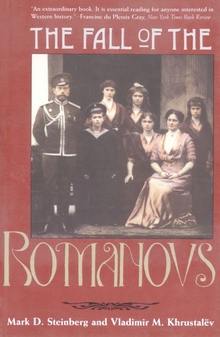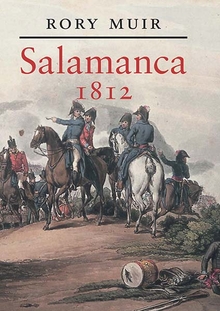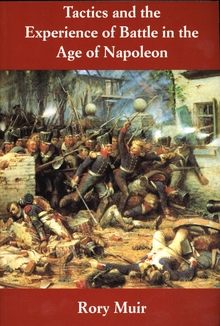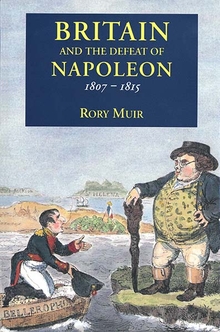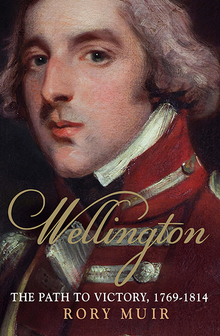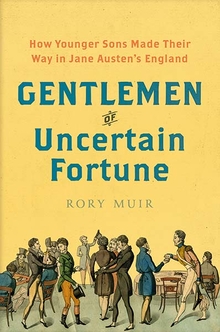Wellington
WARNING
You are viewing an older version of the Yalebooks website. Please visit out new website with more updated information and a better user experience: https://www.yalebooks.com
Waterloo and the Fortunes of Peace 1814–1852
Rory Muir
Wellington’s momentous victory over Napoleon was the culminating point of a brilliant military career. Yet Wellington’s achievements were far from over: he commanded the allied army of occupation in France to the end of 1818, returned home to a seat in Lord Liverpool’s cabinet, and became prime minister in 1828. He later served as a senior minister in Peel’s government and remained Commander-in-Chief of the Army for a decade until his death in 1852.
In this richly detailed work, the second and concluding volume of Rory Muir’s definitive biography, the author offers a substantial reassessment of Wellington’s significance as a politician and a nuanced view of the private man behind the legend of the selfless hero. Muir presents new insights into Wellington’s determination to keep peace at home and abroad, achieved by maintaining good relations with the Continental powers and resisting radical agitation while granting political equality to the Catholics in Ireland rather than risk civil war. And countering one-dimensional pictures of Wellington as a national hero, Muir paints a portrait of a well-rounded man whose austere demeanor on the public stage belied his entertaining, gossipy, generous, and unpretentious private self.
Visit the book website: lifeofwellington.co.uk
"In 1818 the Prime Minister, Lord Liverpool, offered Wellington a place in his government. The Duke replied with a word of caution which just about summarizes his whole approach to politics. 'The experience which I have acquired during my long service abroad has convinced me that a factious opposition to the government is highly injurious to the interests of the country; and thinking as I do now I could not become a party to such an opposition, and I wish that this may be clearly understood by those persons with whom I am now about to engage as colleagues in government.'
The Duke has often been summarized as a brilliant general who was hopeless in politics. Anyone reading Rory Muir’s book will have to think this through again. Muir gives a painstaking and brilliant account of the actual Battle of Waterloo – but in his analysis of the difficult years which followed, he argues that the Duke never forgot his guiding principle, that the King’s government has to be carried on."—Douglas Hurd, former UK Foreign Secretary and author of Robert Peel
Publication Date: May 29, 2018
32 pp. color illus.

